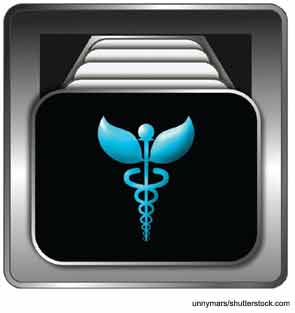Otolaryngologists weigh concerns about personal privacy, receiving after-hours calls with desire for more efficient connection with patients


Otolaryngologists weigh concerns about personal privacy, receiving after-hours calls with desire for more efficient connection with patients
Can ultrasound replace sestamibi scans in the pre-operative evaluation of patients with primary hyperparathyroidism?

Health websites, social media, and email have changed patient access to information and physicians

Sites provide tool to market products, services, but comments hard to control

Some segments of the industry have established intranets, private Websites designed to enhance information sharing within the organization
A provision in the Affordable Care Act (ACA) that places an excise tax on the sale of medical devices would apply to some tools used by otolaryngologists

Transoral incisionless fundoplication (TIF) shows promise for patients with gastroesophageal reflux disease

Otolaryngologists discuss negative pressure redux, combination therapies and airflow-detecting technology in sleep breathing disorders

A look at the advantages and disadvantages of social media blogs, networking sites and other cyber connections as a health care resource for patients

A new study suggests adopting EHRs can lower the risk of medical malpractice, but not everyone agrees that EHRs are good medicine